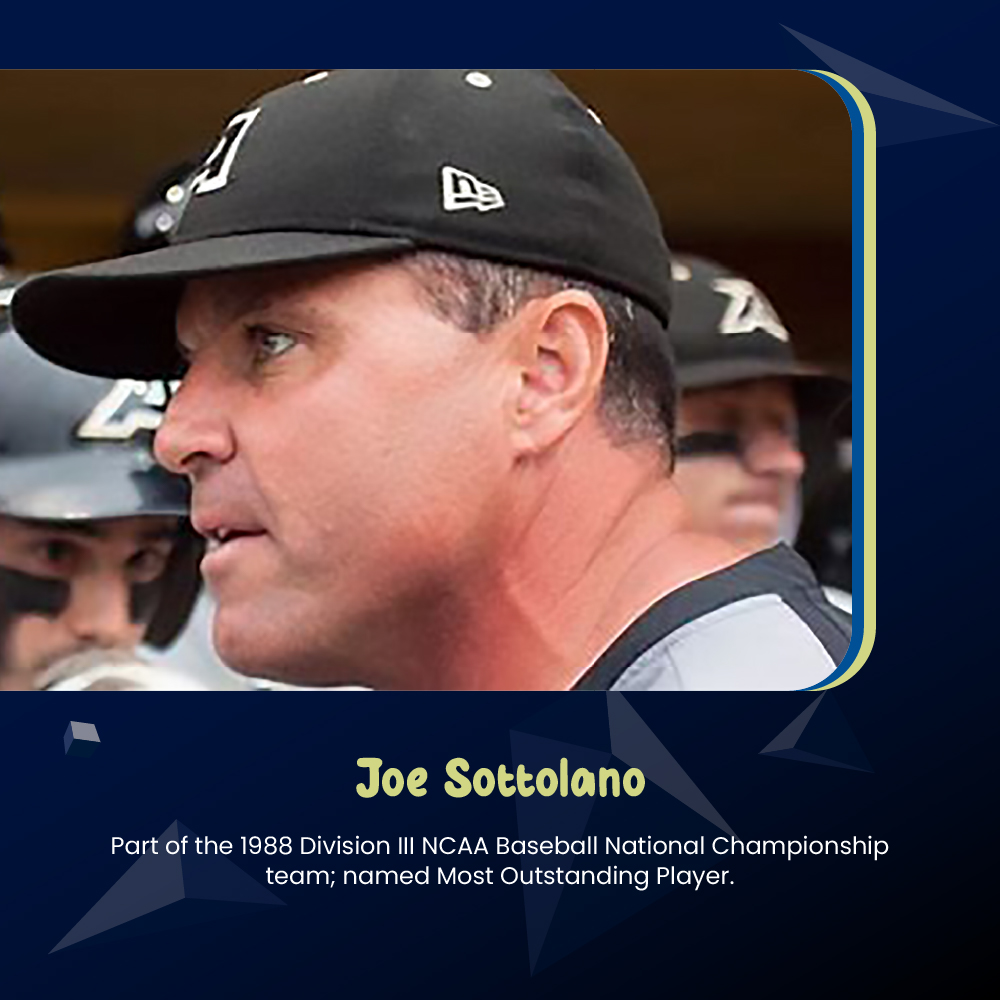
Travel baseball is a demanding sport that requires young athletes to maintain high levels of physical fitness and energy throughout long tournaments and road trips. Maintaining proper nutrition and fitness routines can be challenging for players who are frequently on the go, but it’s essential for success on the field. This article explores key tips to help travel baseball players optimize their nutrition and fitness, ensuring they perform at their best throughout the season.
Nutrition for Sustained Energy
Maintaining a balanced diet is critical for travel baseball players. With games often scheduled back-to-back and travel in between, players need the right fuel to keep their energy levels and recover quickly. Here are some essential nutritional strategies for young athletes:
Prioritize Complex Carbohydrates
Carbohydrates are the body’s primary energy source, making them essential for baseball players who need sustained energy during games and practices. Complex carbohydrates like whole grains, brown rice, oats, and sweet potatoes are excellent choices as they release energy slowly, helping players maintain stamina throughout the day. Pre-game meals should focus on complex carbs and moderate protein to prevent energy crashes.
Stay Hydrated
Hydration is crucial for maintaining physical performance, especially during hot summer tournaments. Players should aim to drink water consistently throughout the day, not just before games. Dehydration can lead to fatigue, muscle cramps, and decreased concentration, negatively impacting performance. Electrolyte drinks can also be beneficial, particularly after games, to replace lost minerals like sodium and potassium.
Include Lean Proteins for Recovery
Protein plays a vital role in muscle repair and recovery. After a game or practice, it’s essential to include lean proteins such as chicken, turkey, and fish or plant-based proteins like beans and lentils. These help muscle recovery, reduce soreness and ensure players are ready for the next game. Snacks like protein bars or shakes can also provide a convenient protein source on the go.
Pack Healthy Snacks
One of the biggest challenges for travel baseball players is finding healthy food options while on the road. Packing nutrient-dense snacks like nuts, fruits, yogurt, and whole-grain crackers can help avoid unhealthy fast-food stops and energize players throughout the day. Planning by preparing meals and snacks ensures athletes get the nutrition they need, even when limited options are available.
Fitness for Optimal Performance
While nutrition is essential for fueling performance, fitness routines are just as important for ensuring that travel baseball players stay in peak condition. A consistent fitness regimen can improve strength, endurance, and overall athletic ability, which is critical for excelling on the baseball field.
Strength Training for Power and Speed
Strength training is vital for building muscle, enhancing power, and preventing injury. Baseball players should focus on exercises that target the major muscle groups used in the sport, such as the legs, core, and upper body. Squats, lunges, deadlifts, and bench presses are all excellent options. Exercises like medicine ball throw and plyometrics can also help develop explosive power, which is key for swinging the bat and running bases.
Strength training sessions should be incorporated into a player’s routine at least two to three times a week, ensuring proper rest days between sessions to allow for muscle recovery.
Agility and Speed Workouts
Speed and agility are crucial skills for baseball players, especially those who play positions requiring quick lateral movements, like shortstop or outfield. Agility ladder drills, cone drills, and shuttle runs are excellent for improving footwork and reaction time. Incorporating sprints into training can also enhance speed, which is crucial for base running and fielding.
By practicing these drills regularly, players can improve their overall speed, quickness, and ability to react to plays on the field.
Flexibility and Mobility Training
Flexibility and mobility are often overlooked but are crucial for baseball players, especially to prevent injuries like muscle strains and ligament tears. Stretching before and after games or practices can improve flexibility. Dynamic stretches, like leg swings or arm circles, are great for warming up the muscles, while static stretches should be done post-game to increase flexibility.
Yoga and Pilates are also excellent options for improving flexibility and core strength. These practices can help players maintain balance and stability, essential for hitting, pitching, and fielding.
Cardiovascular Conditioning
Traveling to baseball often involves long days of games and practices, making cardiovascular endurance essential for players to maintain energy over several hours. Running, cycling, swimming, or even interval training can help improve cardiovascular fitness. Conditioning workouts should be a part of a player’s fitness routine two to three times a week to ensure they have the stamina needed for tournaments.
By focusing on cardiovascular health, players will experience less fatigue during games, allowing them to perform at their best from start to finish.
Recovery and Rest
Travel baseball players often face back-to-back games with little time for rest, making recovery even more crucial. Recovery allows muscles to repair and restore energy levels, preventing burnout and injury.
Prioritize Sleep
Adequate sleep is essential for both mental and physical recovery. Travel baseball players should aim for 8 to 9 hours of sleep per night, especially during tournaments. Proper sleep enhances reaction times, focus, and overall performance. Incorporating short naps during travel can also help players stay refreshed and energized.
Incorporate Active Recovery
Active recovery, such as light jogging, walking, or swimming, can help improve blood circulation and reduce muscle soreness without adding stress to the body. This can be particularly beneficial between games or rest days, allowing players to recover while staying active.
Nutrition and fitness are key components of success for travel baseball players. By fueling their bodies with the right nutrients and maintaining a consistent fitness routine, athletes can improve their performance, reduce the risk of injury, and stay energized throughout long seasons. Staying hydrated, packing healthy snacks, and incorporating strength and agility training are just a few ways players can ensure they’re always at the top of their game. With these tips, young baseball athletes can maximize their potential and enjoy a successful travel season.